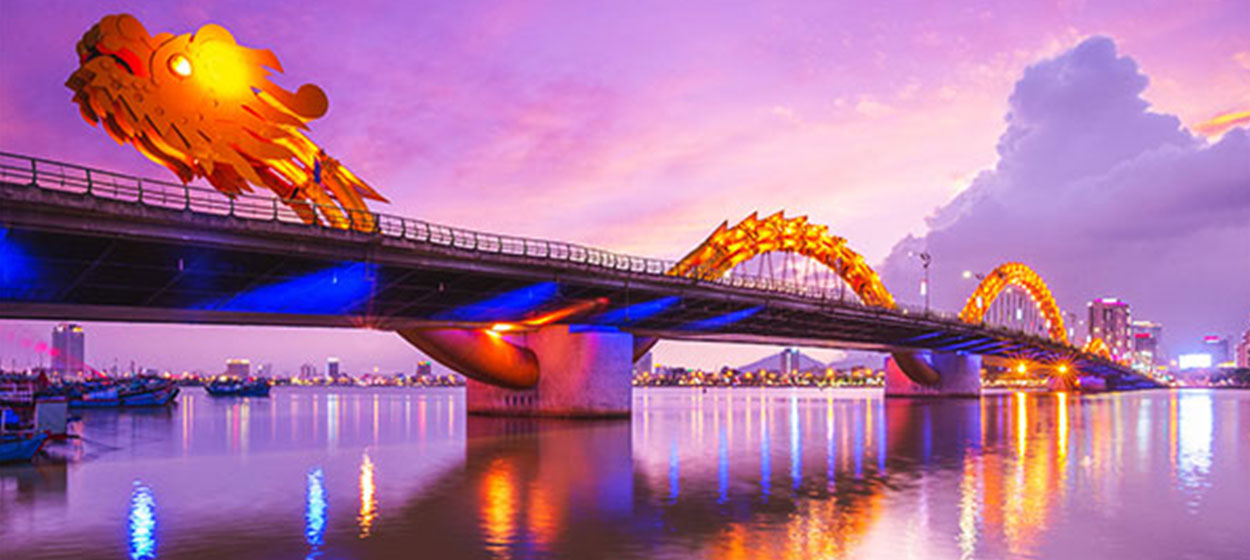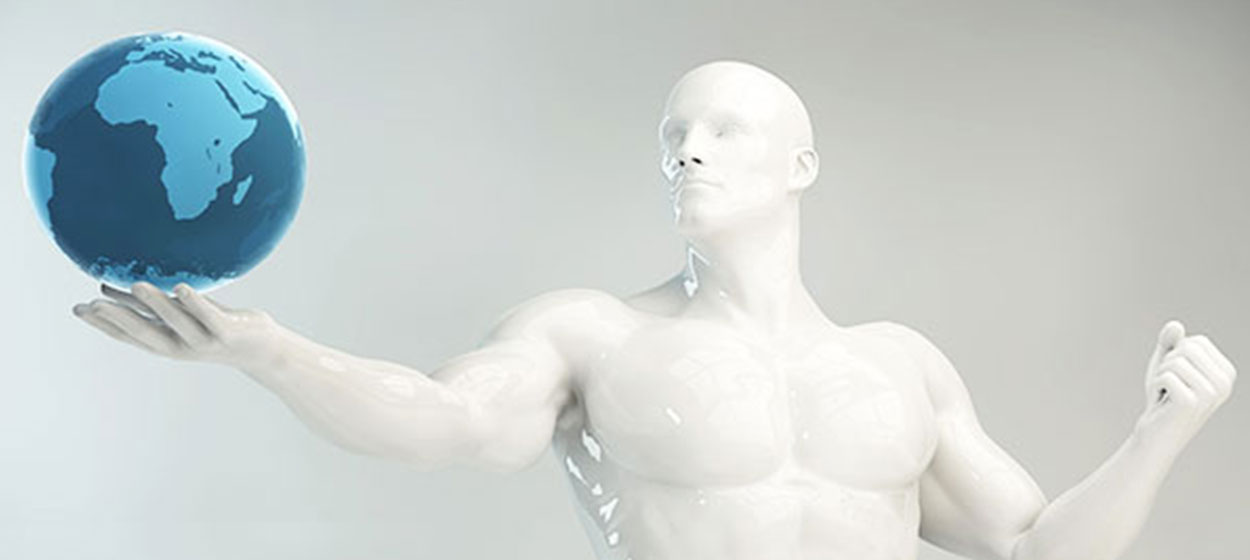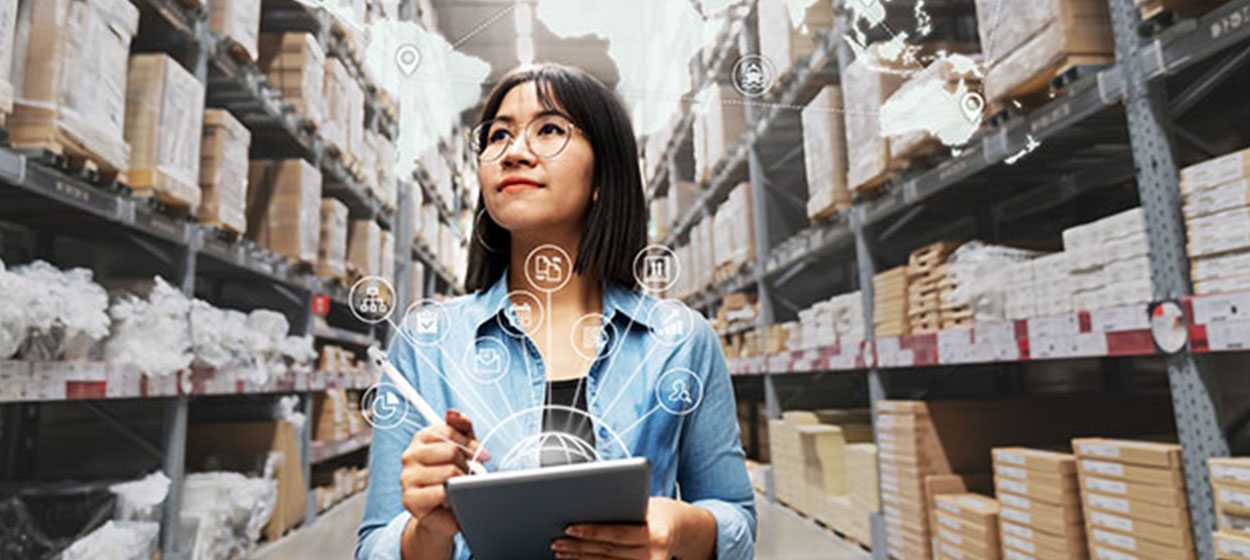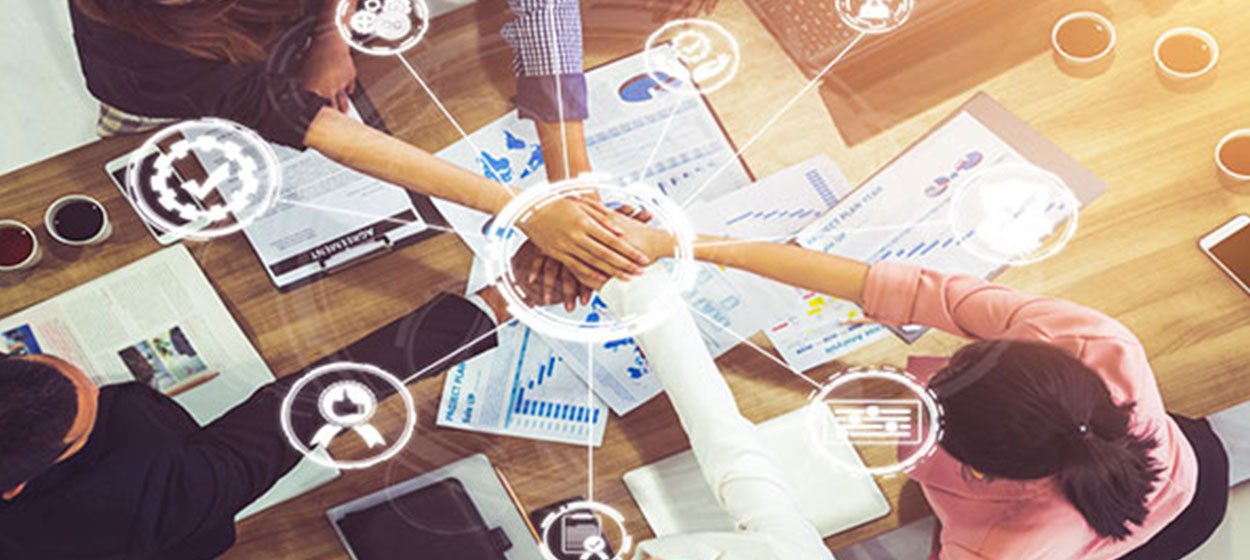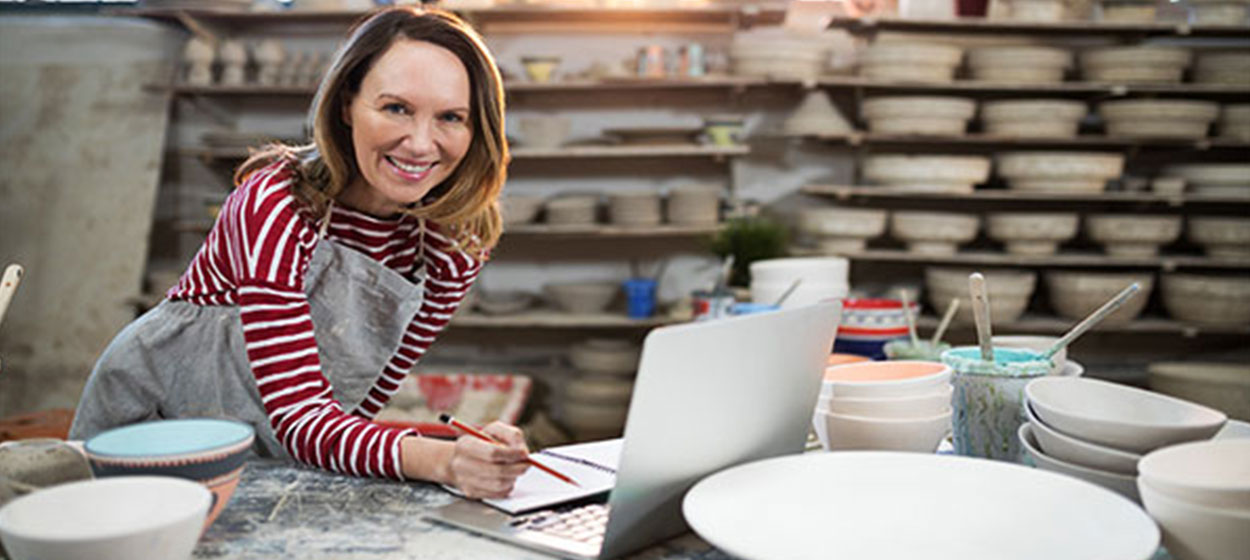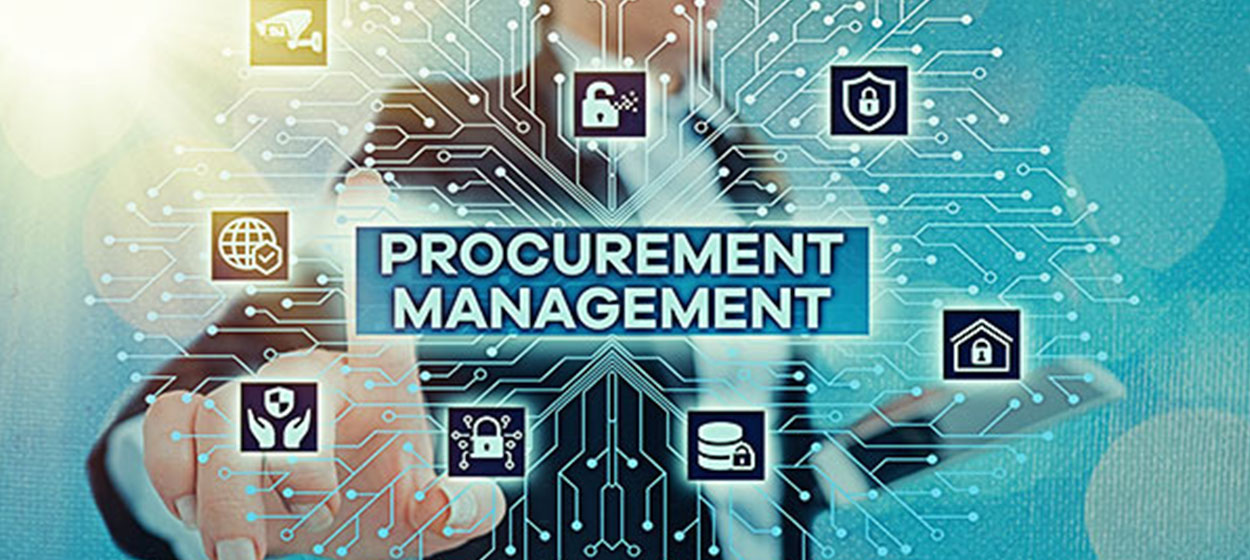Are you confused about the difference between product design vs. industrial design? While the terms are often used interchangeably, they refer to two distinct disciplines within the design world. Understanding the difference between product and industrial design is critical for anyone involved in the design process, from entrepreneurs and product managers to designers and engineers.
We’ll explore the key differences between product and industrial design in more detail, examining the unique challenges, goals, and skill sets required for each discipline. We’ll also provide practical tips and insights for entrepreneurs, designers, and product managers looking to navigate the complex world of product development and design. So, whether you’re launching a new product, optimizing your production process, or simply expanding your design knowledge, this insight will serve you well. Read on to discover the differences between product design and industrial design.
What Is Product Design?
Product designers are responsible for creating products that are not only aesthetically pleasing but also functional and user-friendly. They identify user needs and pain points and then develop solutions that address those needs in a practical and visually appealing way.
Product design involves many skills and considerations, including sketching, prototyping, and testing. Designers may work in various industries, from tech startups to consumer goods companies. They may specialize in different areas, such as industrial design, user experience design, or interaction design.
One of the critical aspects of product design is the iterative process of prototyping and testing. Product designers create multiple product versions and test them with users to get feedback on what works and what doesn’t. They then use that feedback to refine the design and create a better product that meets the target market’s needs.
Ultimately, successful product design requires a balance between form and function. A beautiful product that doesn’t work as intended will not be successful, nor will a functional product that is unattractive. The best product designs seamlessly integrate form and function to create beautiful and useful products.
What Is Industrial Design?
Industrial design is a multidisciplinary field that combines art, engineering, and business principles to create functional and aesthetically pleasing products. It involves everything from conceptualizing new product ideas and conducting market research to creating sketches, 3D models, and prototypes.
Industrial designers are responsible for ensuring that products are visually appealing, user-friendly, durable, efficient, and cost-effective. They work closely with engineers, manufacturers, and product managers to ensure that the products they design can be manufactured at scale and meet the target market’s needs.
In addition to user interface design, industrial designers may also be involved in creating packaging, branding, and marketing materials. They may also ensure that products comply with safety and environmental regulations.
So, while industrial design involves designing a product’s user interface, it is not solely focused on form. Industrial designers are responsible for designing products that are functional, efficient, and meet the needs of both users and manufacturers.
Product design and industrial design are two distinct fields with different areas of focus and scope. While there is certainly overlap between the two, understanding the differences can help companies and designers choose the right approach for their specific needs.
Do you need an industrial designer or a product design team to help realize your product’s vision? East West Basics can help. Contact us today to learn more about our process and find out how our team can bring your designs to fruition.
